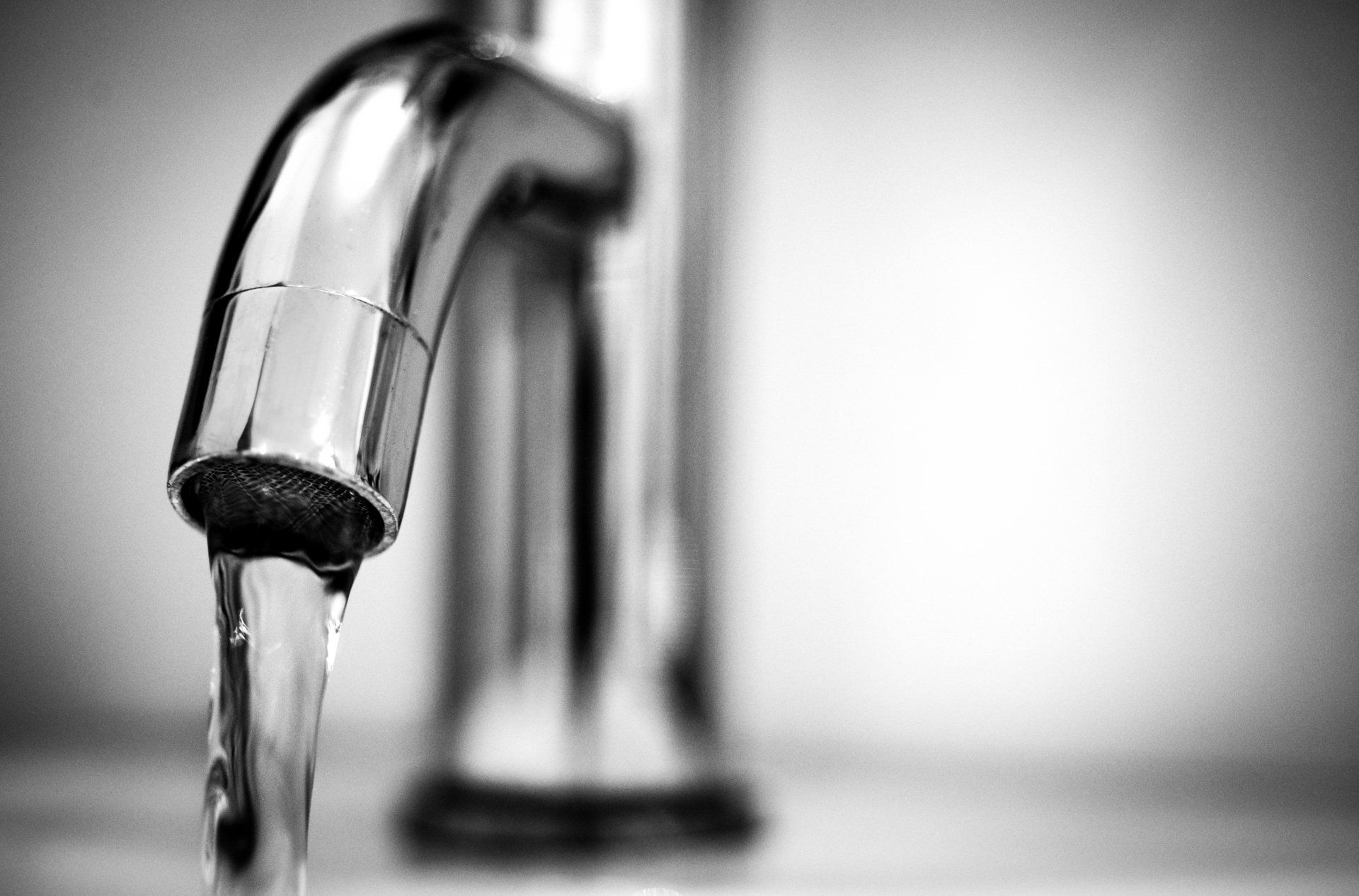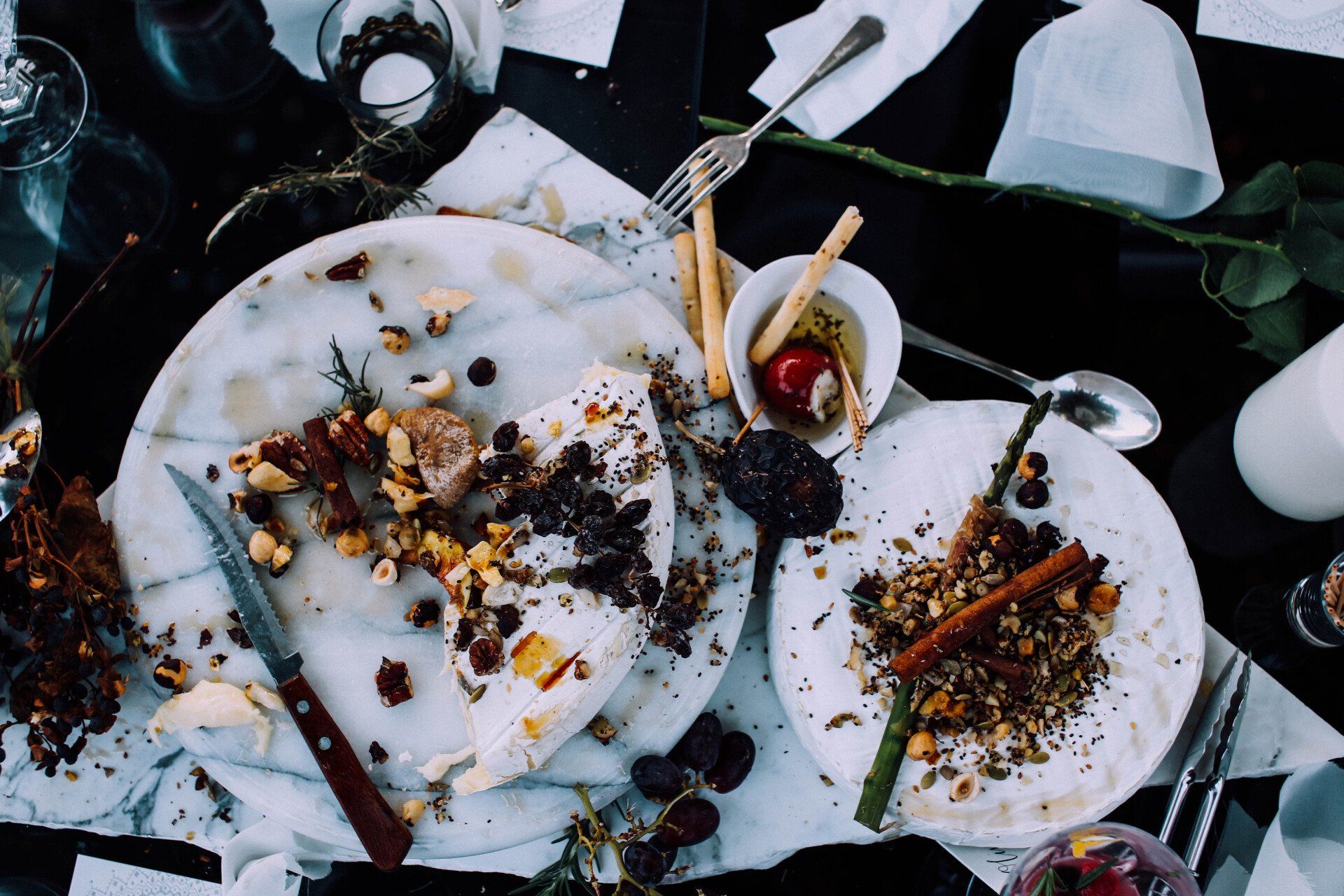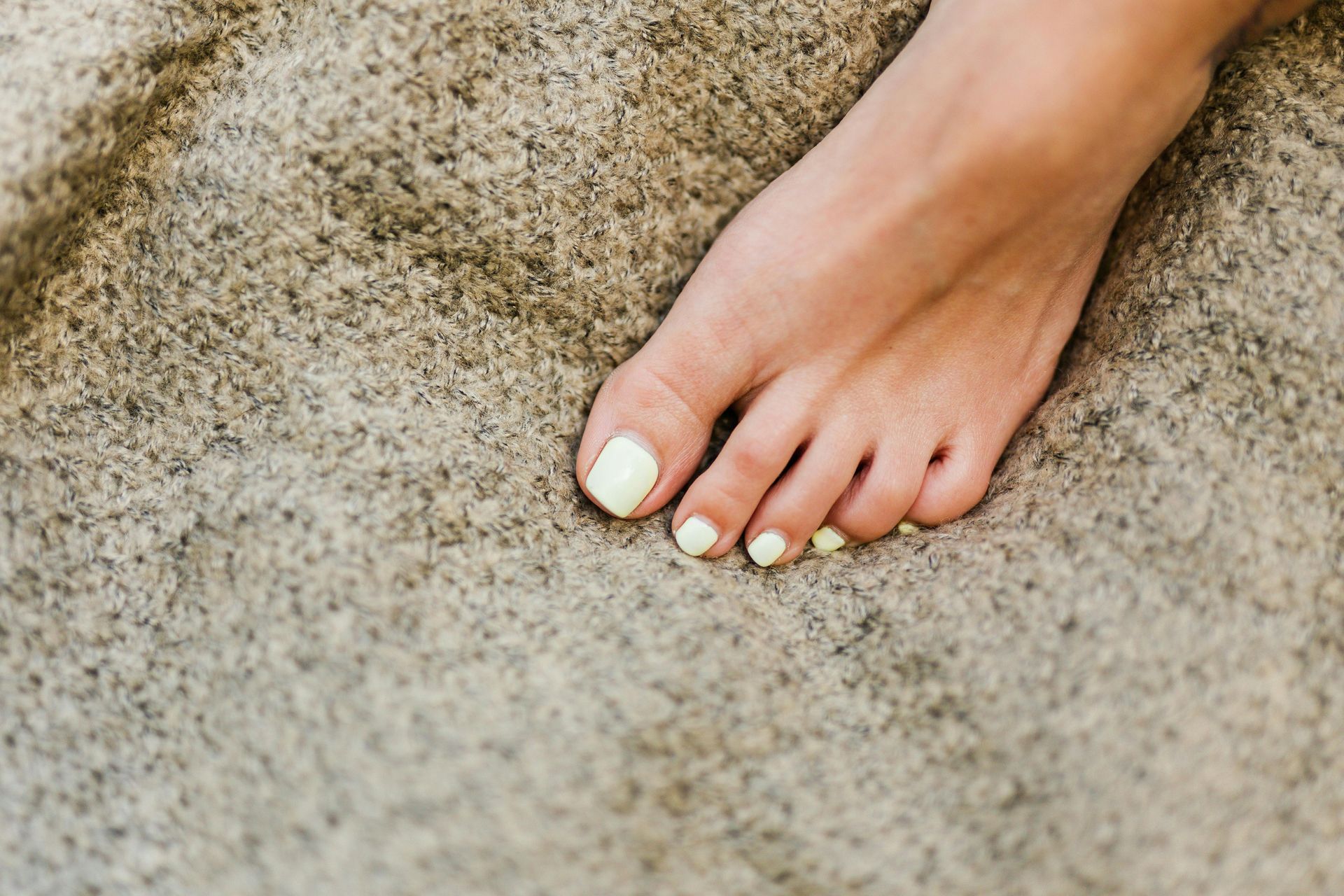What is dietary fibre and why is it particularly important for women/
Put simply, fibre is the parts of a plant that are more difficult to digest. It's usually classified as either water solubale, which dissolves in water; and insoluble which doesn't.
Why is it important?
Did you know that dietary fibre has a role to play in pelvic floor health? If you're regularly constipated, you're more likely to be straining when you go to the toilet. This puts more downward pressure on your pelvic floor.
Now I'm not saying that an occasional dose of constipation is going to cause a pelvic floor prolapse. But, regularly bearing down, if your pelvic floor is already compromised in any way, is putting you at greater risk.
The other reason why dietary fibre is so important is for your mental wellbeing.
The gut microbiome is known as your second brain for its role in synthesizing the neurotransmitters that determine your mood. And eating more fibre means that you'll have a greater variety of microbes in your gut, meaning better neurotransmitter creation.
As we go through peri-menopause and out the other side, we can do with all the help we can get with managing mood!















